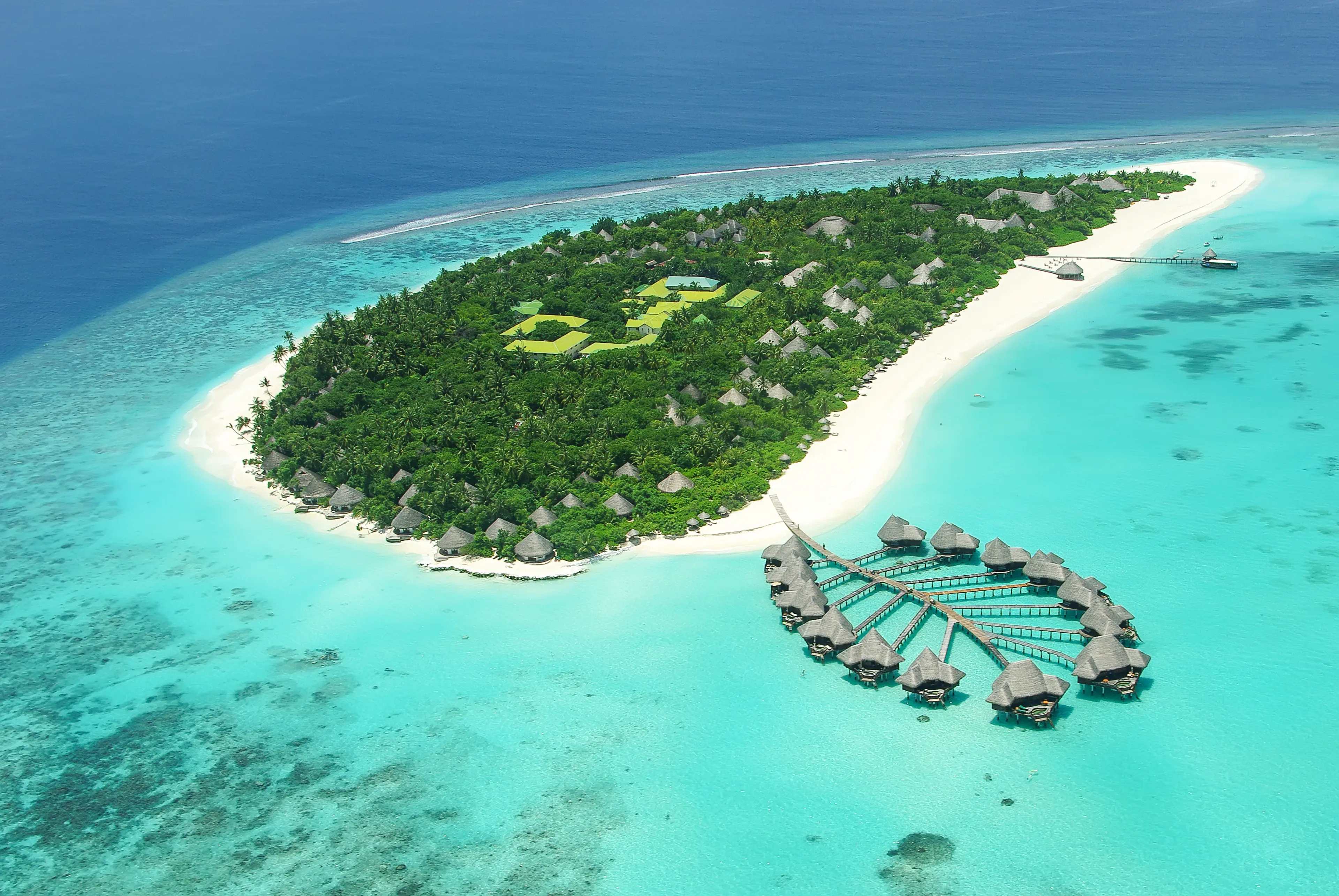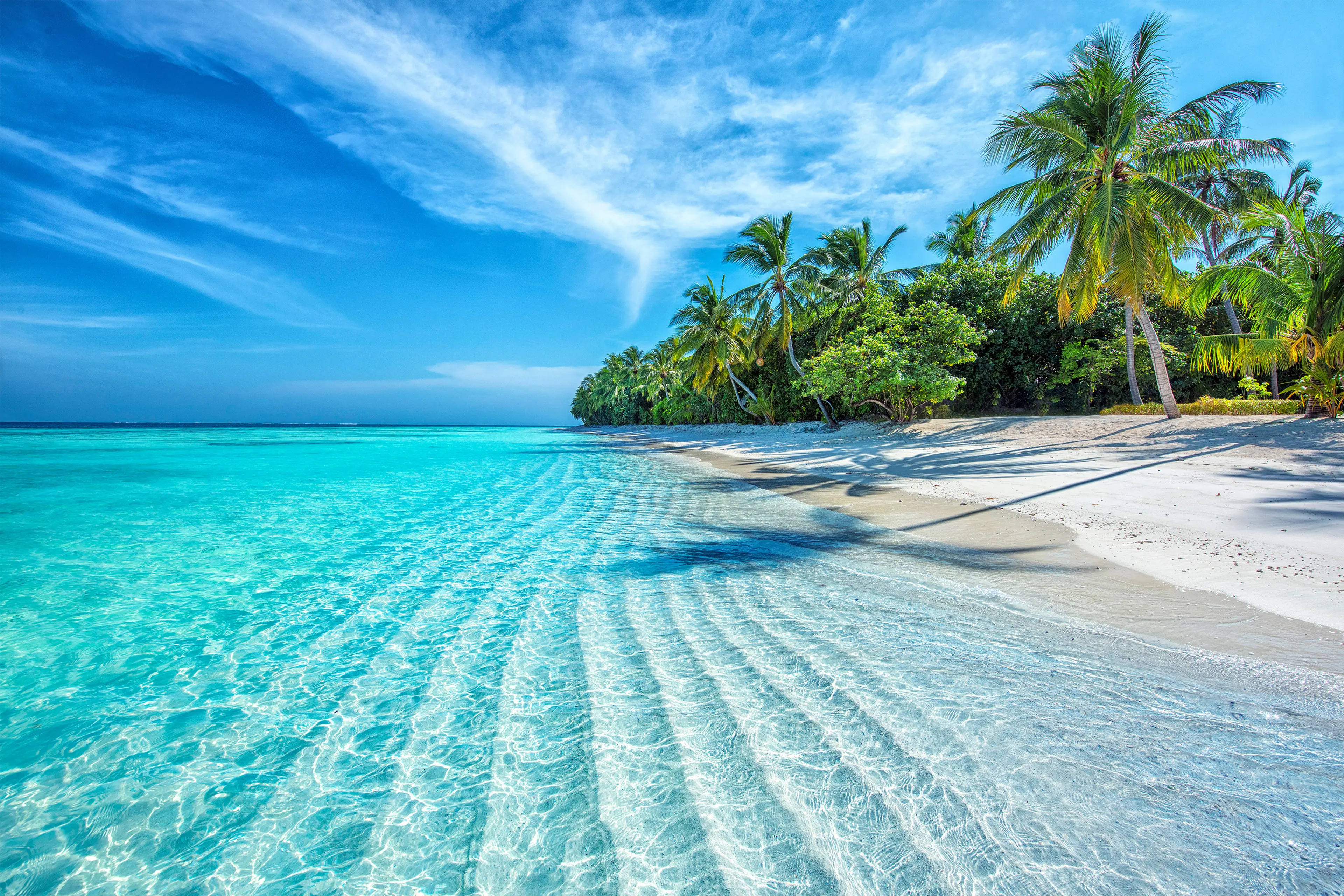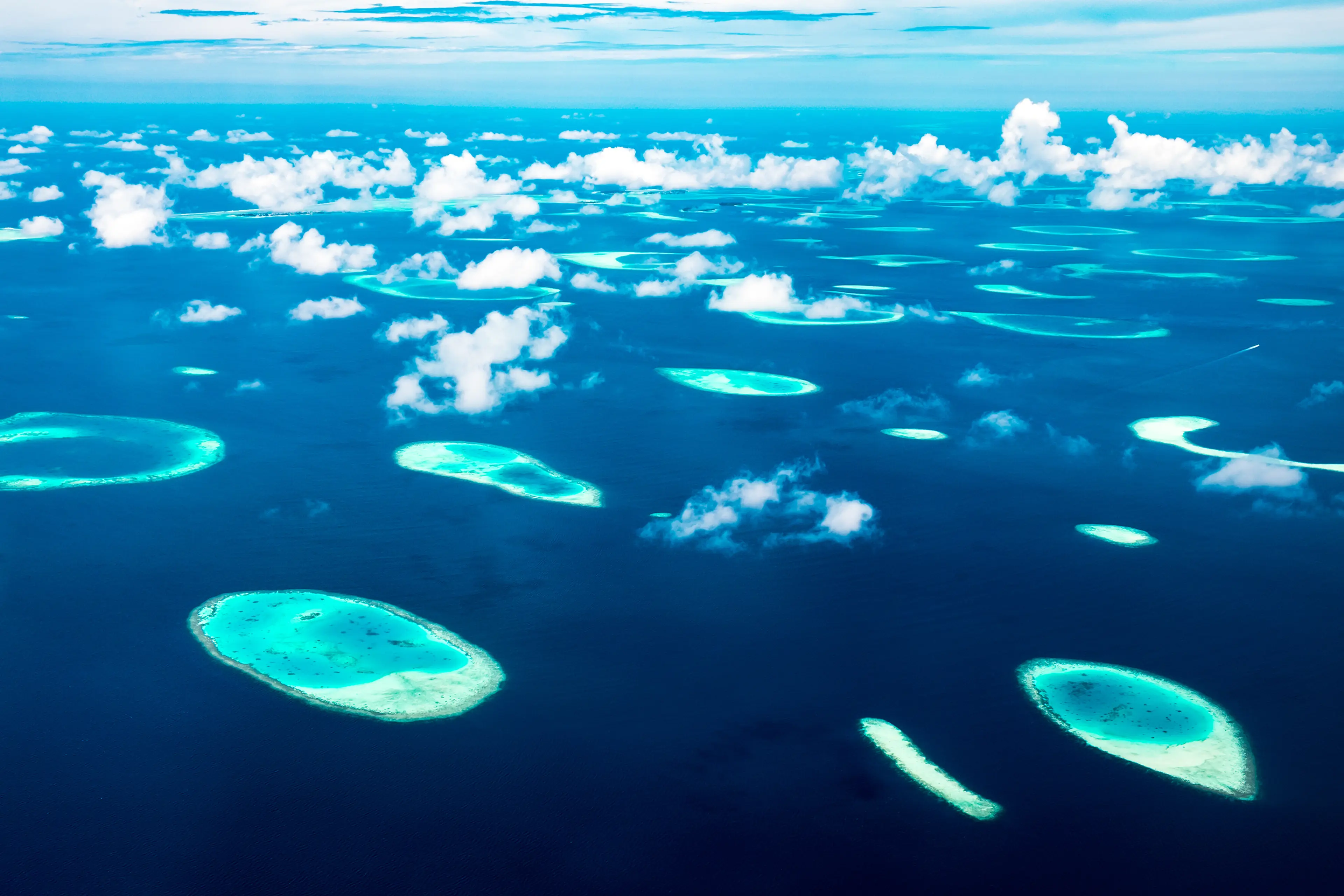2-Day Local's Guide: Relaxation & Outdoor Fun with Friends in Maldives
Maldives
2 days
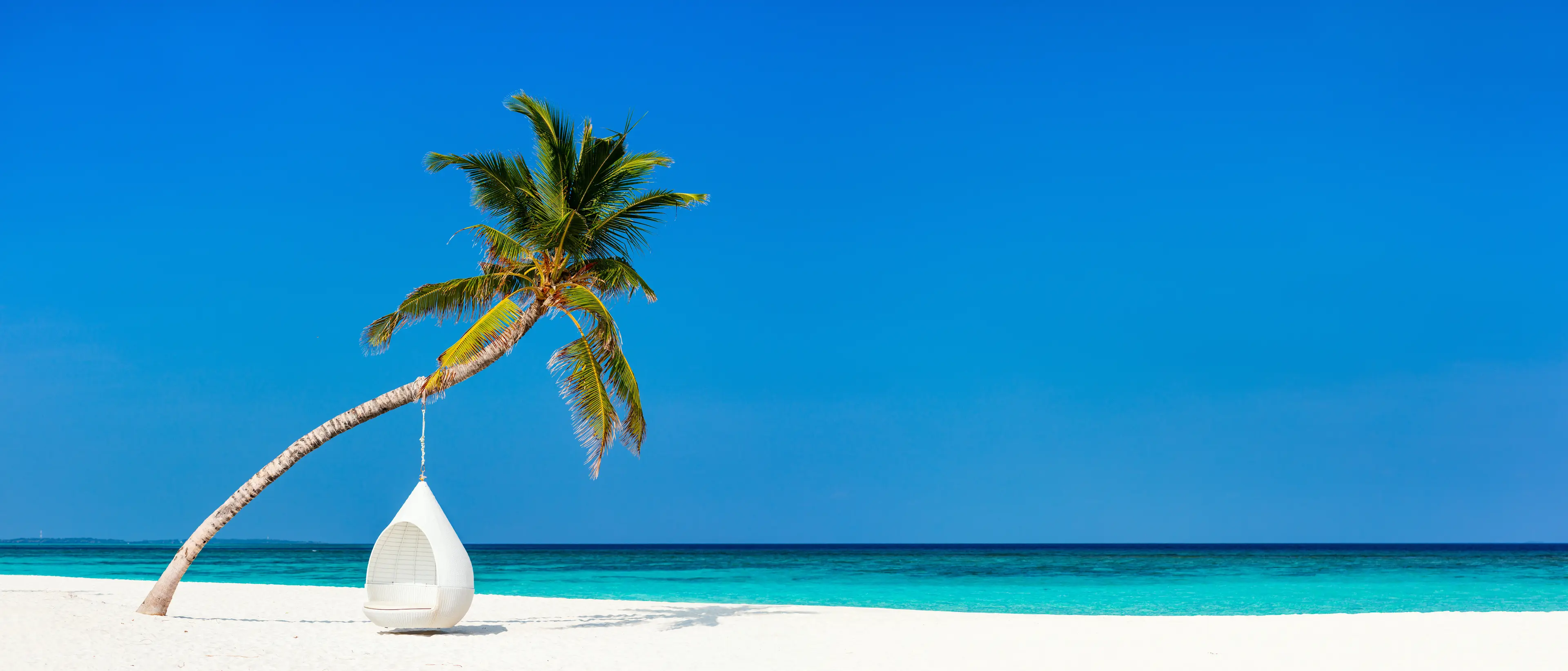
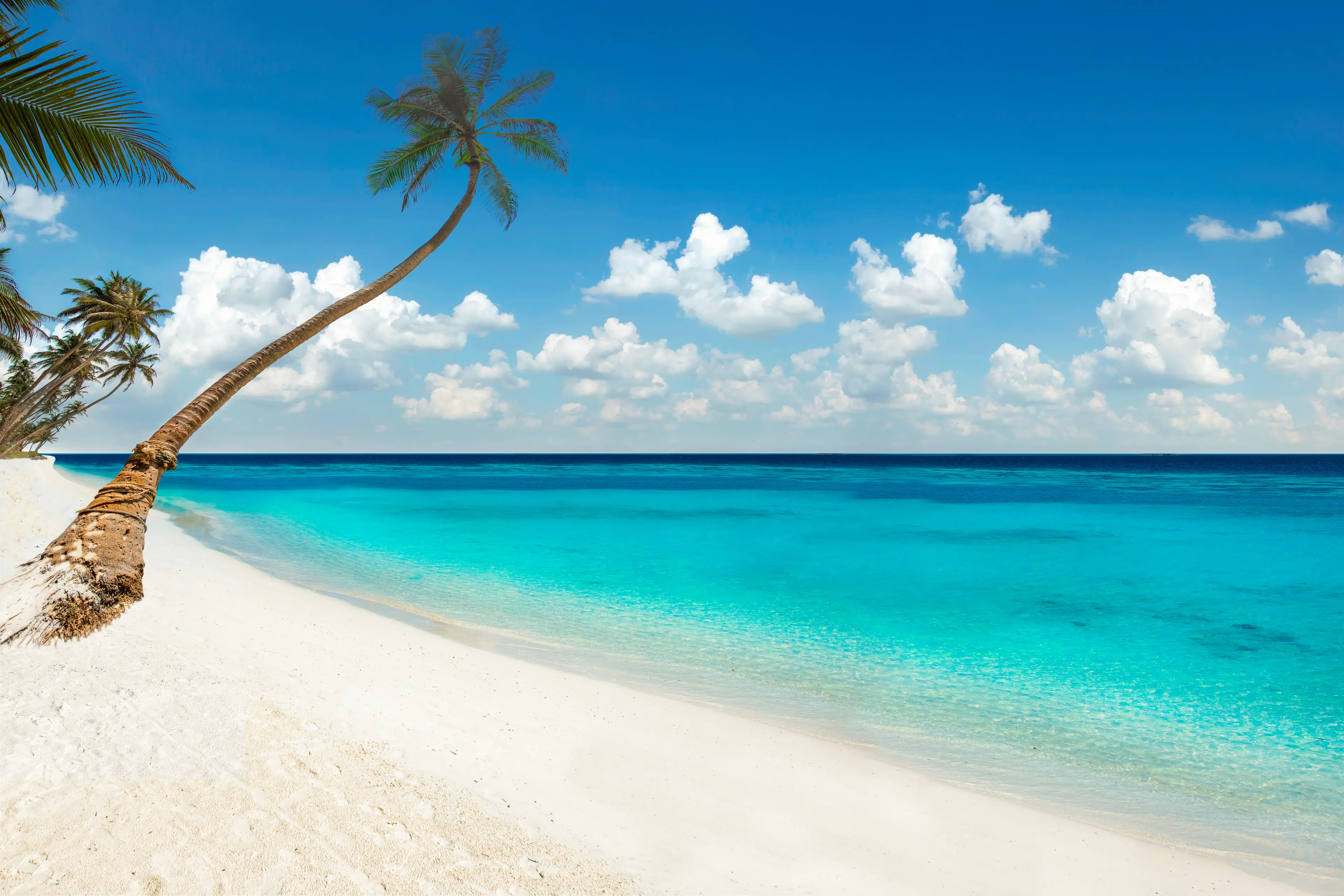
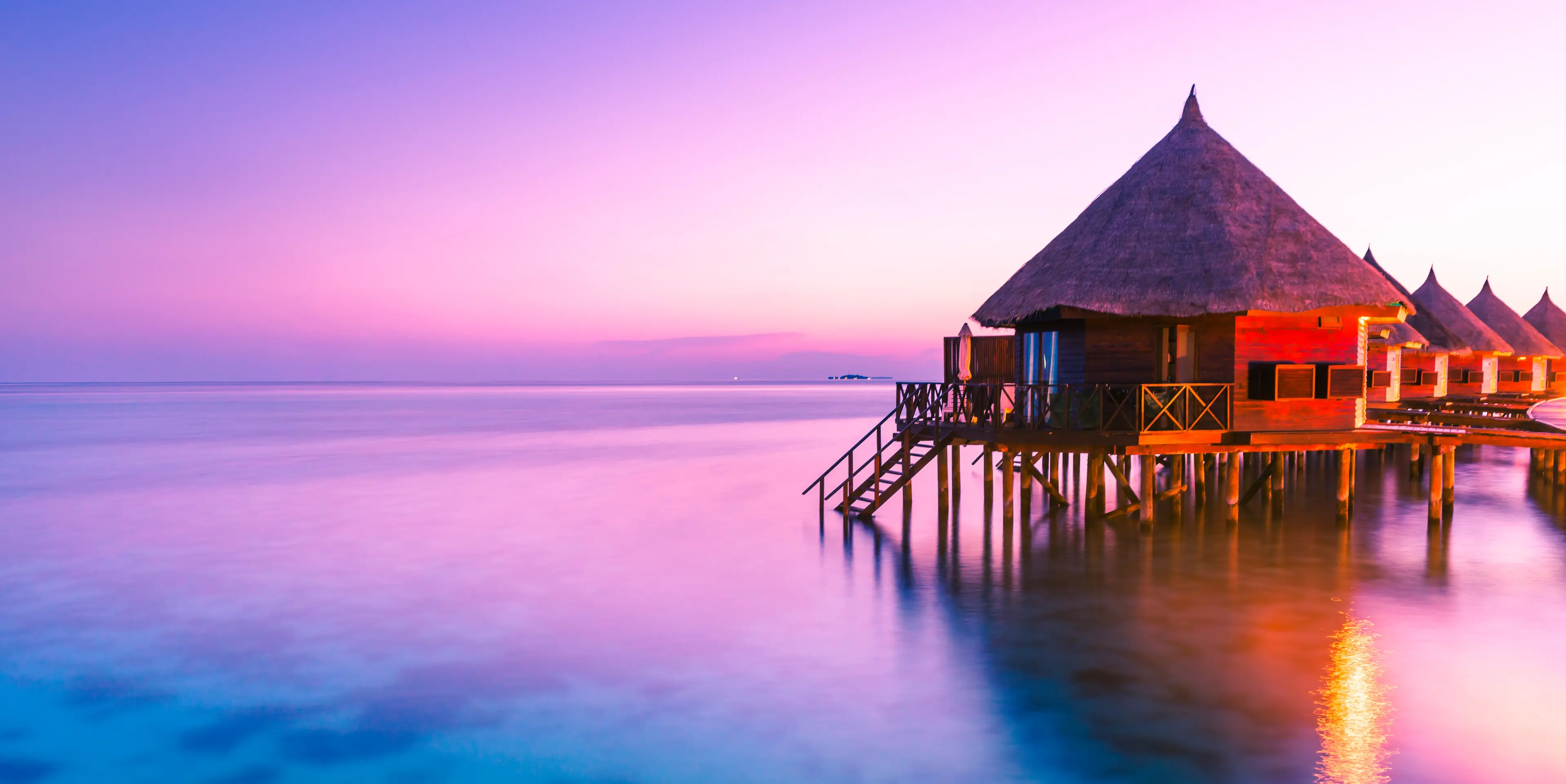
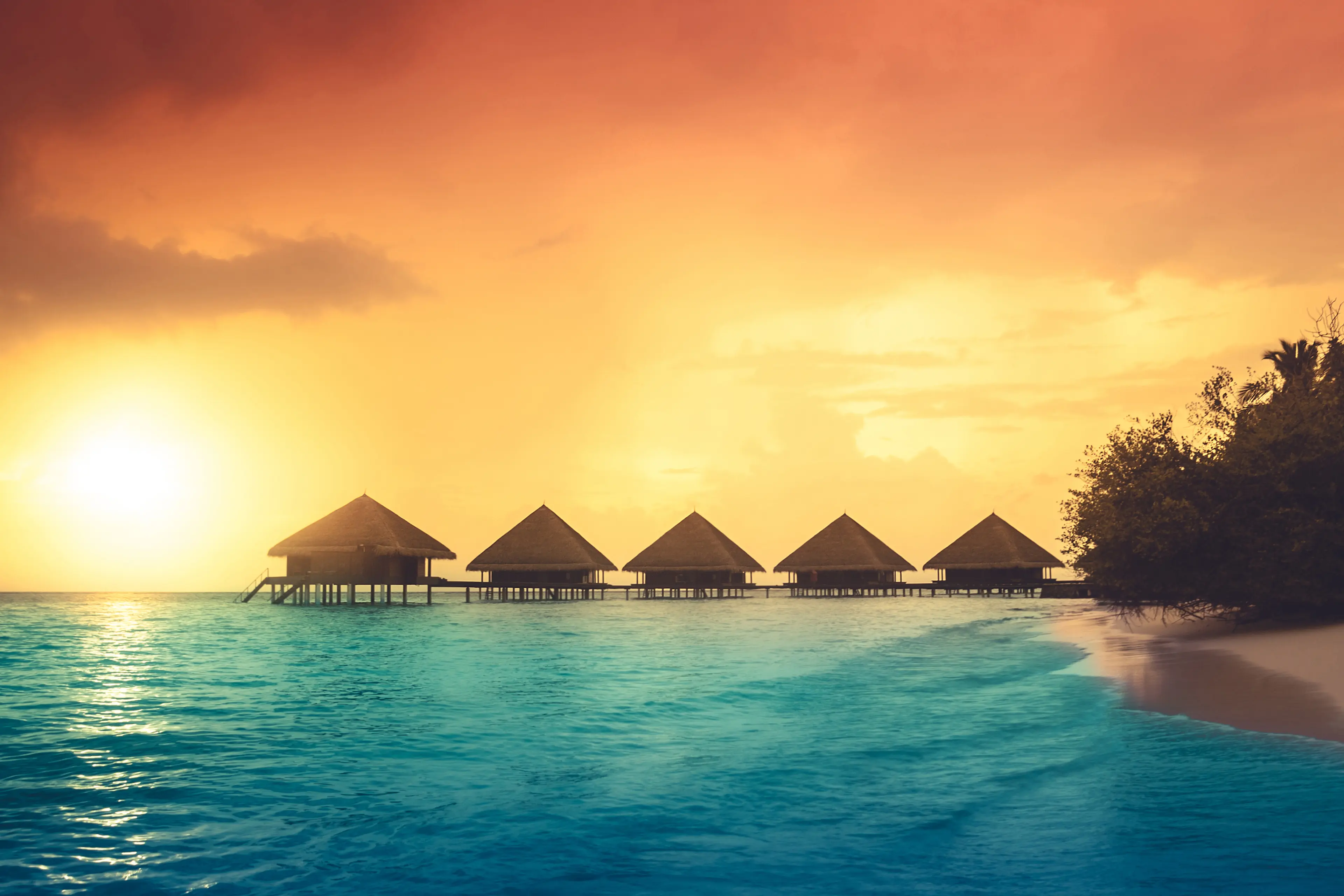
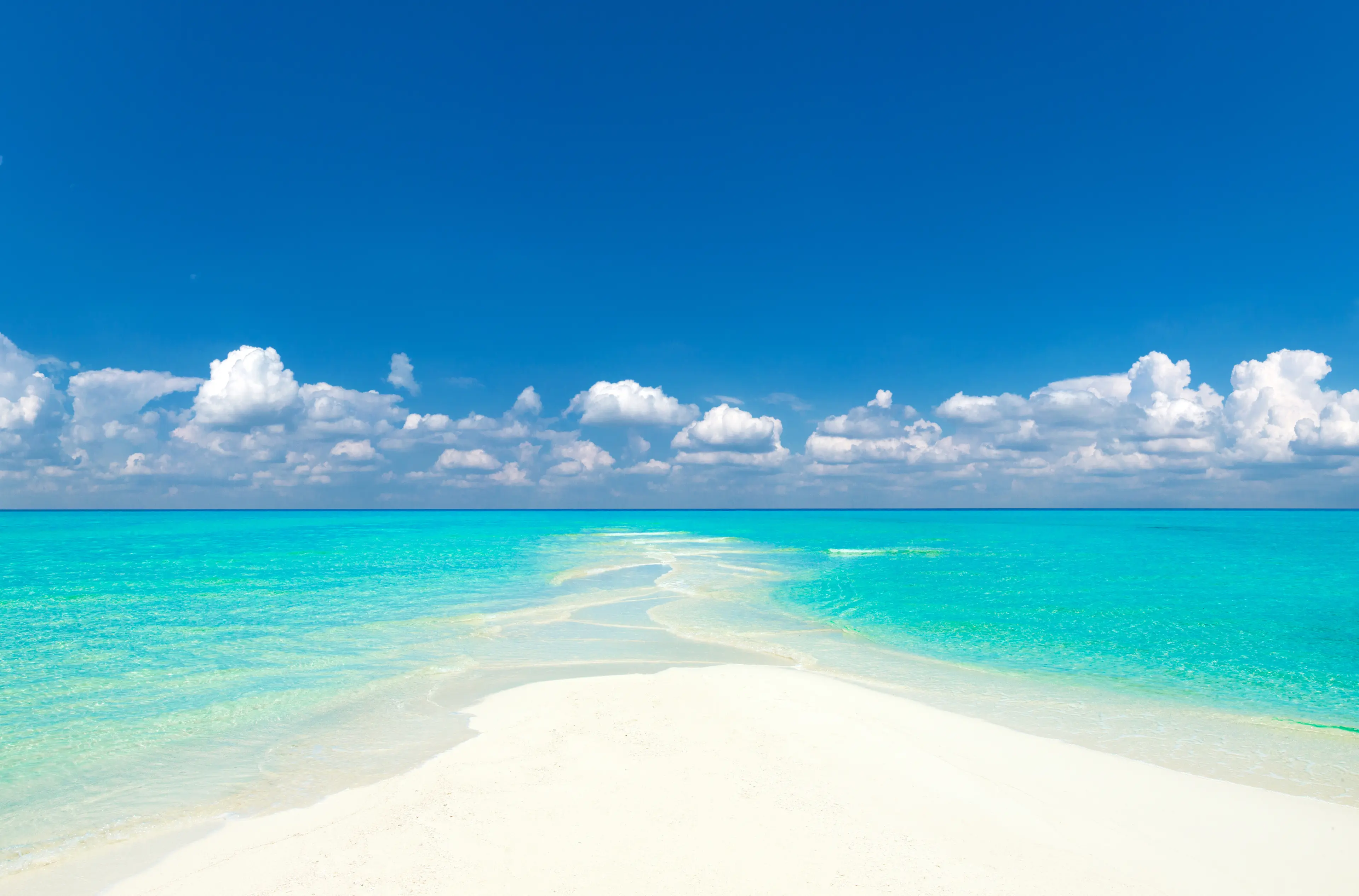
About Maldives
Experience the ultimate tropical paradise in the Maldives, an archipelago of 26 atolls and over 1,000 coral islands located in the Indian Ocean. Renowned for its stunning white-sand beaches, crystal-clear waters, and abundant marine life, the Maldives offers a unique blend of relaxation and adventure. Luxurious resorts provide world-class accommodation, often featuring overwater and beachfront villas with private pools. Indulge in rejuvenating spa treatments, gourmet dining, and thrilling water sports, including snorkeling and diving among vibrant coral reefs. Explore the local culture in Malé, the bustling capital, or embark on a traditional dhoni cruise at sunset. With its unparalleled natural beauty and tranquil ambiance, the Maldives is the perfect destination for a romantic getaway, honeymoon, or dream vacation.
2-Day Itinerary
Day 2
Cultural and Marine Life Experience
Morning
Start your second day with a visit to a local Fishing Village. Learn about the traditional way of life in the Maldives and interact with the friendly locals. This is a great way to get a glimpse of the local culture.
Lunch
Have lunch at a local eatery in the village. Try traditional Maldivian dishes like Mas Huni and Bis Keemiya. The food in the Maldives is a unique blend of flavors that you must try.
Afternoon
Spend the afternoon on a Dolphin Watching Tour. The Maldives is home to several species of dolphins and this is a great opportunity to see these beautiful creatures in their natural habitat.
Dinner
Enjoy a sunset dinner cruise. Dine on a traditional Dhoni boat while watching the sun set over the Indian Ocean. This is a truly magical experience that you will remember for a long time.
Evening
End your trip with a Night fishing trip. Fishing is a popular activity in the Maldives and catching your own fish is a fun and rewarding experience. Plus, you can grill your catch for a late-night snack.
Attractions in Itinerary (4)
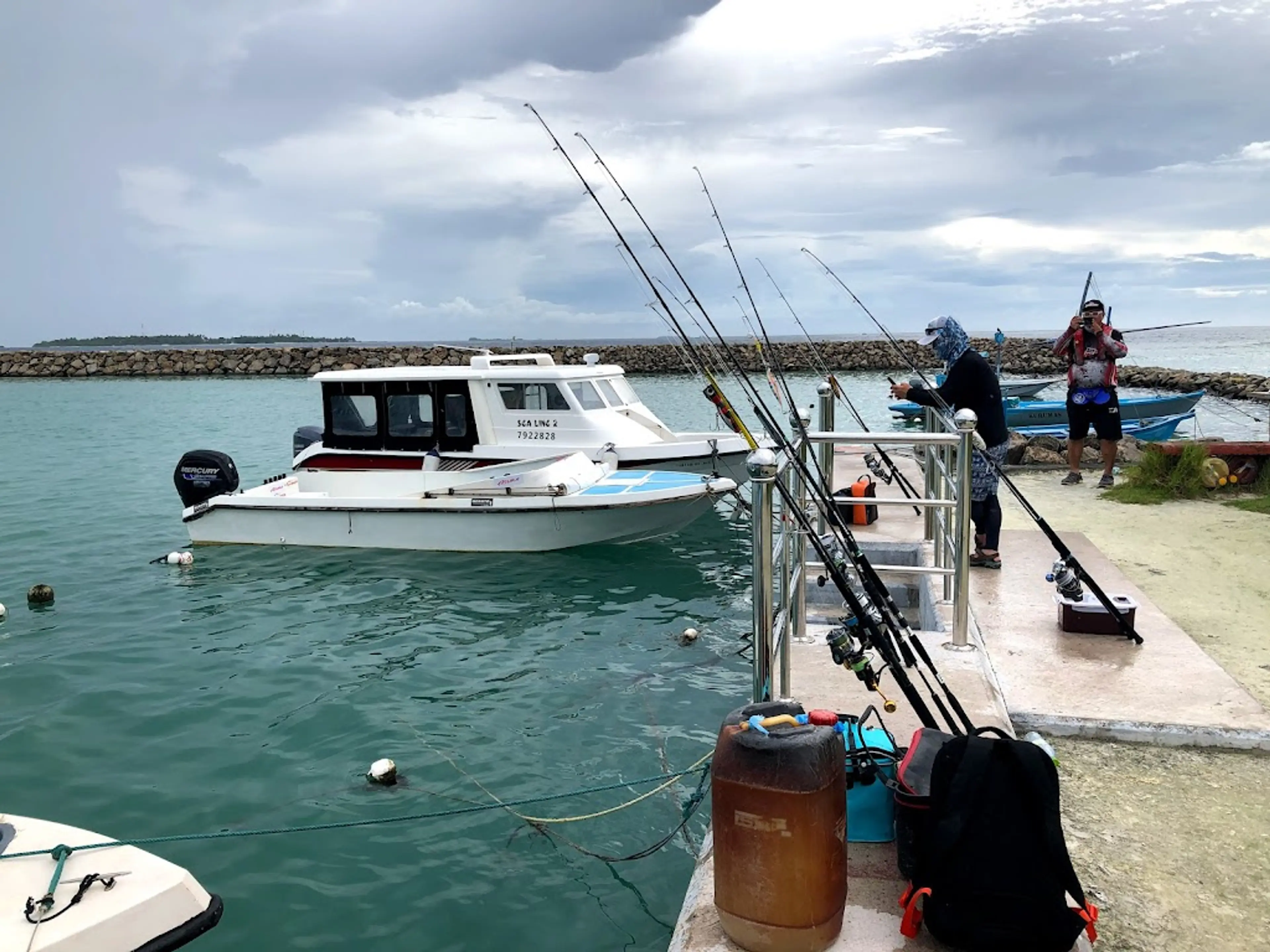
1Fishing Village
Experience the local culture and lifestyle by visiting a traditional Maldivian fishing village. Here, you can interact with the locals, learn about their way of life, and even participate in fishing activities.

2Dolphin Watching Tour
A boat tour that takes you to areas where dolphins are commonly seen. It's a thrilling experience to see these playful creatures in their natural habitat.
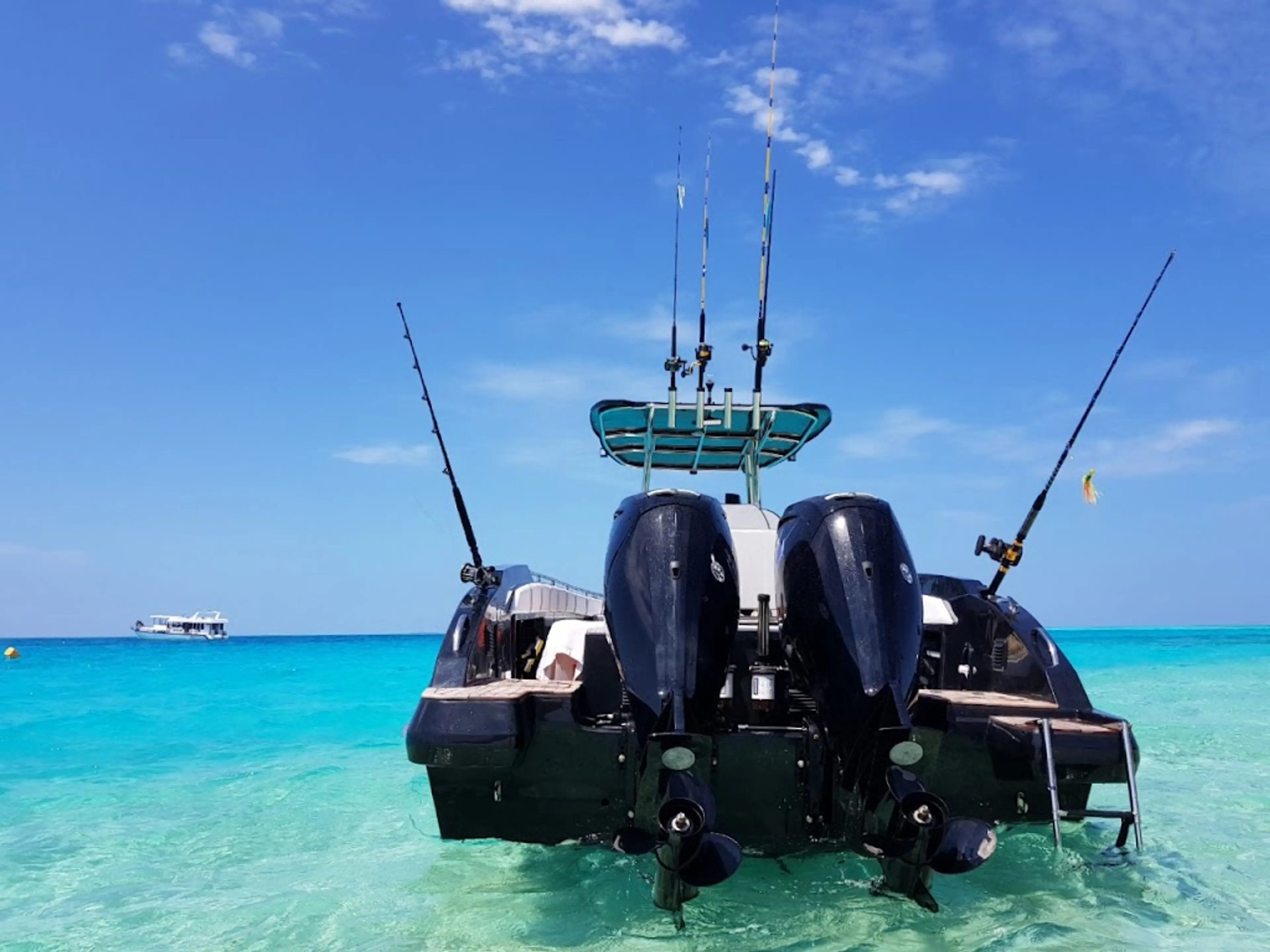
3Night fishing trip
Experience the traditional Maldivian activity of night fishing.
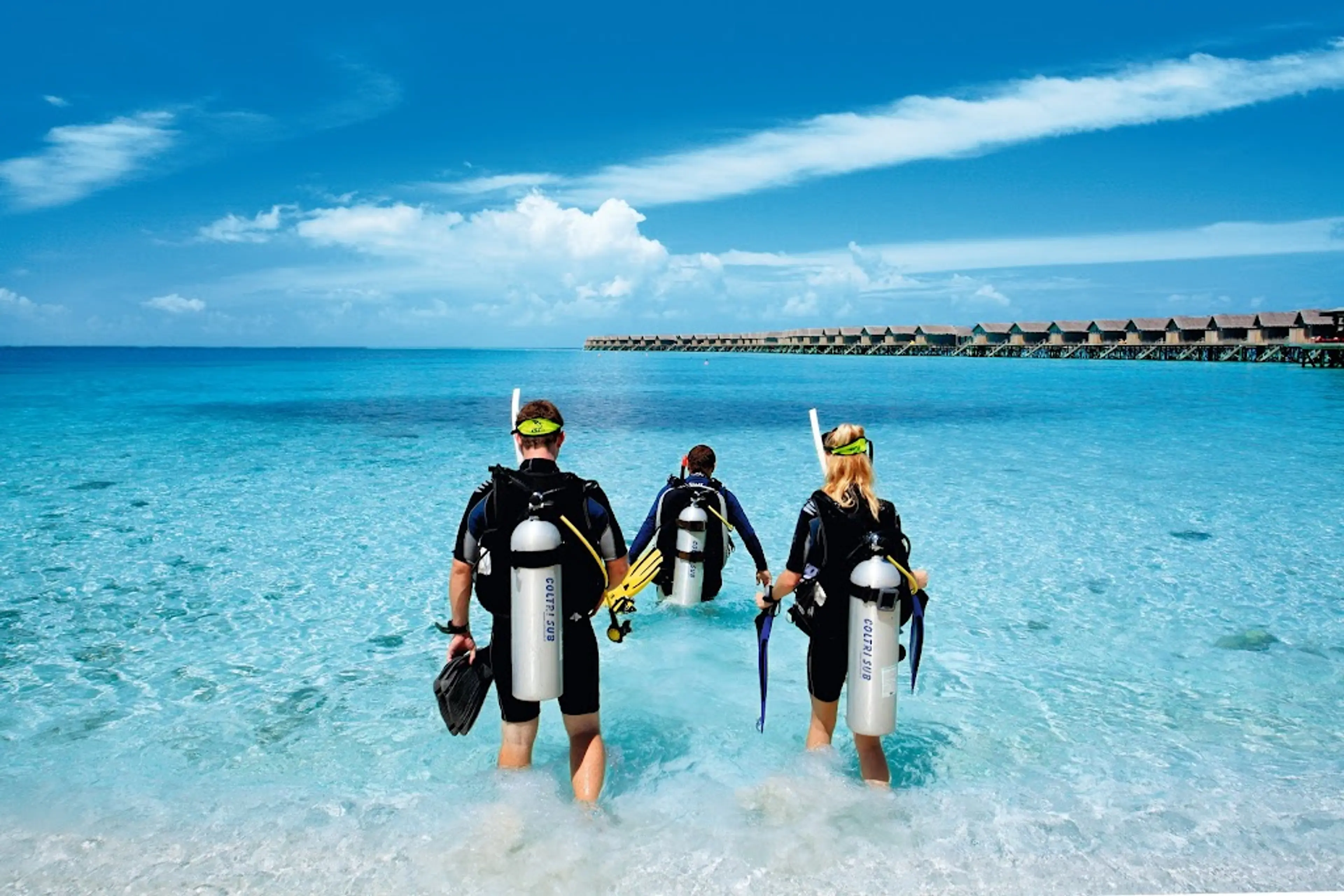
4Underwater snorkeling
Experience the beauty of the Maldivian coral reefs and marine life by snorkeling underwater. This activity is a must-do for all visitors to the Maldives.
Local Food and Drinks (12)
Garudhiya
A traditional Maldivian fish soup served with rice, lime, chili, and onions. It's a staple dish in Maldivian cuisine.
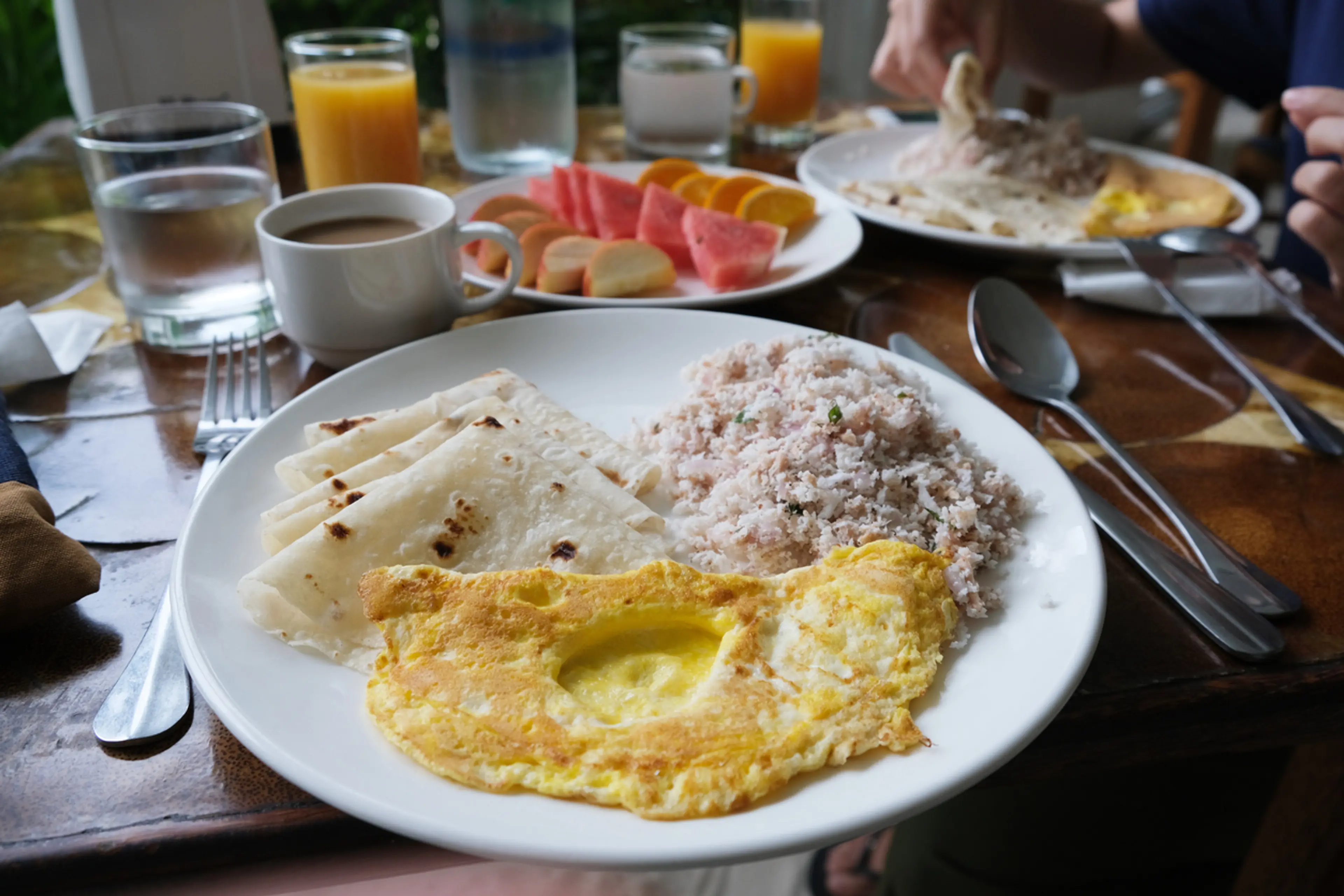
Mas Huni
A popular Maldivian breakfast dish made of shredded smoked fish, coconut, and onions, usually served with roshi (flatbread).
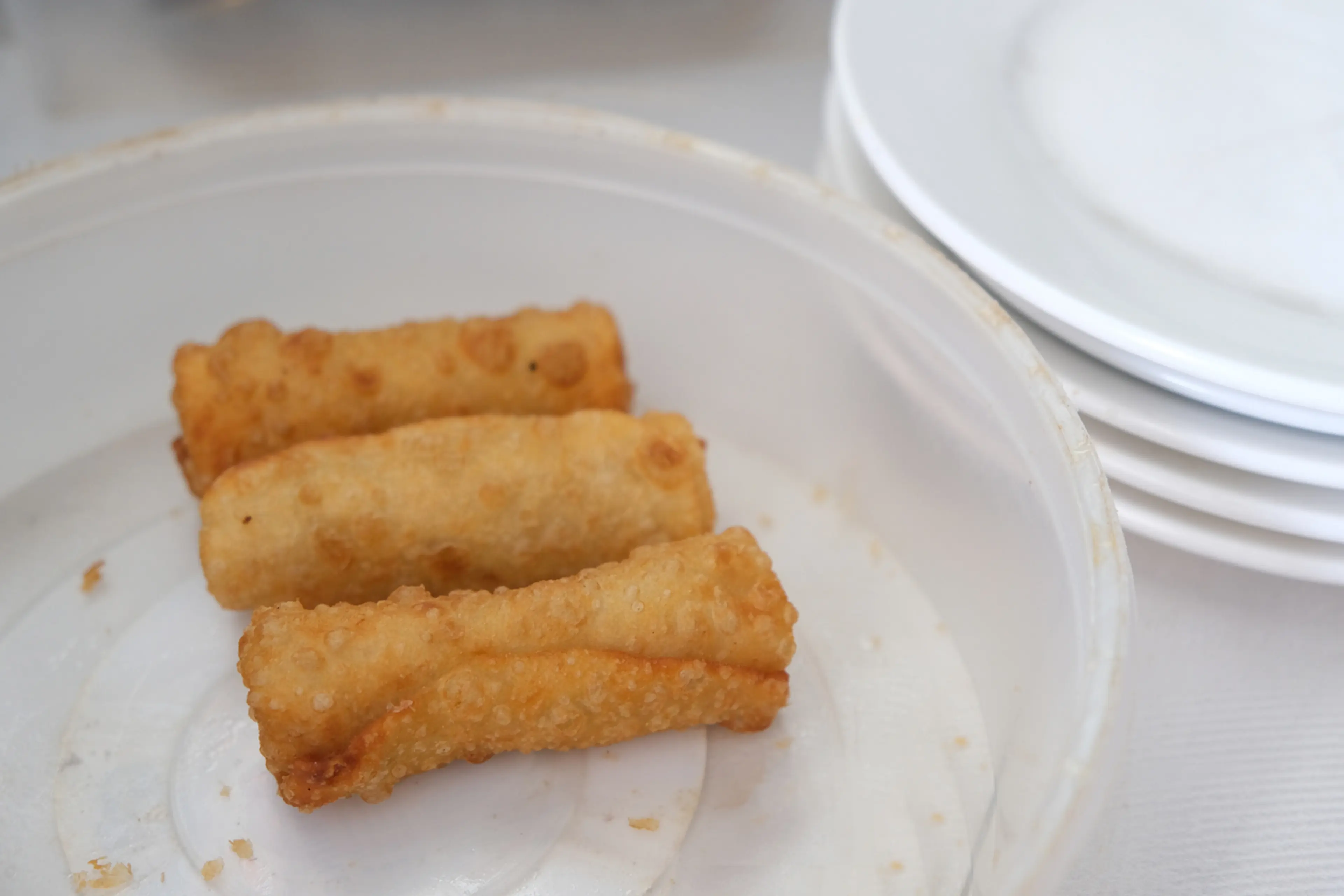
Bis Keemiya
A Maldivian snack similar to a spring roll, filled with lightly spiced cabbage, hardboiled eggs, and tuna.
Boshi Mashuni
A banana flower salad mixed with coconut, turmeric, and lime. It's a unique and traditional dish in the Maldives.
Hedhikaa
A term for Maldivian snacks, usually fish-based, that are deep-fried or baked. Popular types include 'bajiya', 'gulha', and 'keemia'.
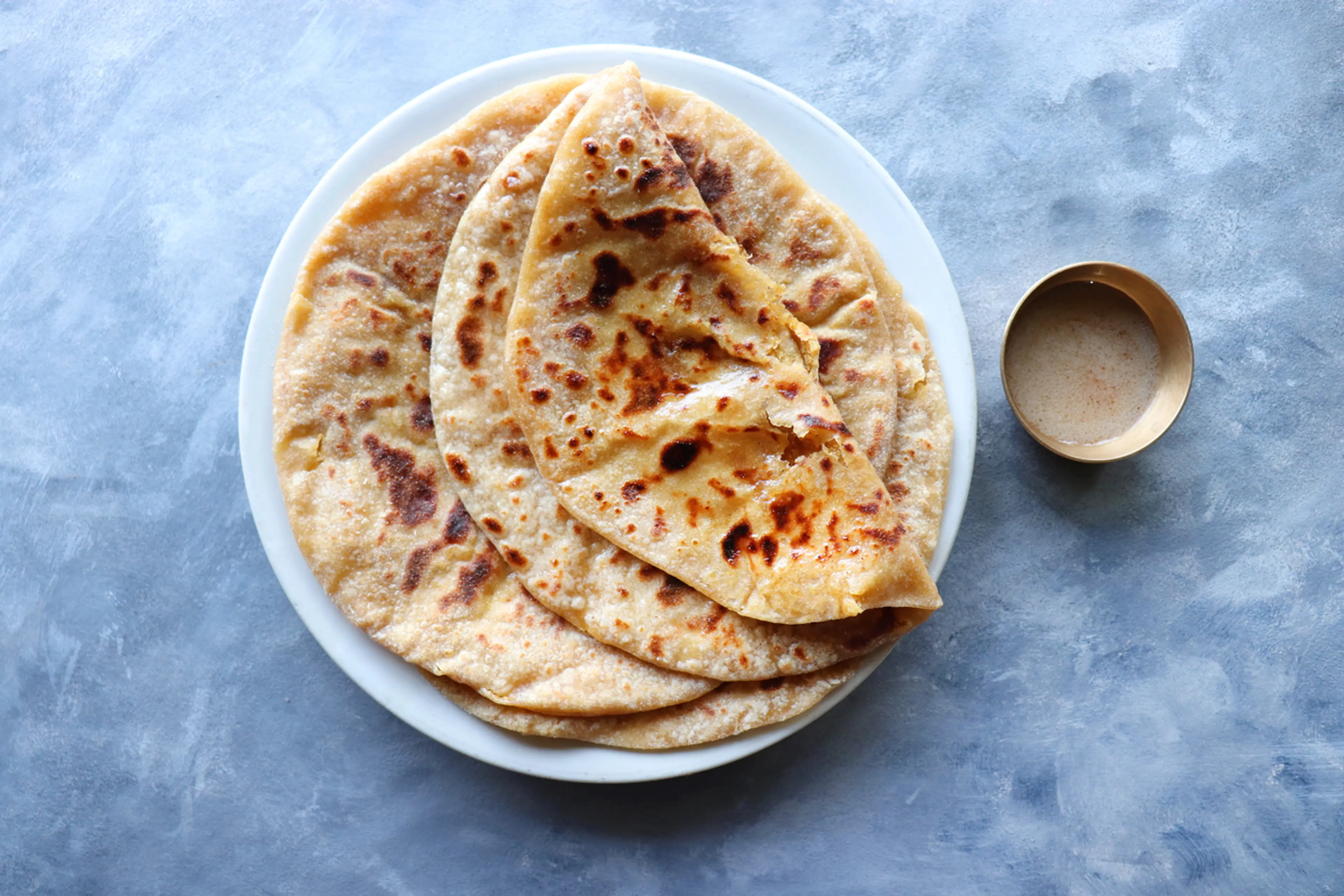
Roshi
A Maldivian flatbread, similar to Indian roti, often served with curries or used to scoop up food.
Saagu Bondibai
A traditional Maldivian dessert made from sago pearls, condensed milk, cardamom, and rose water.
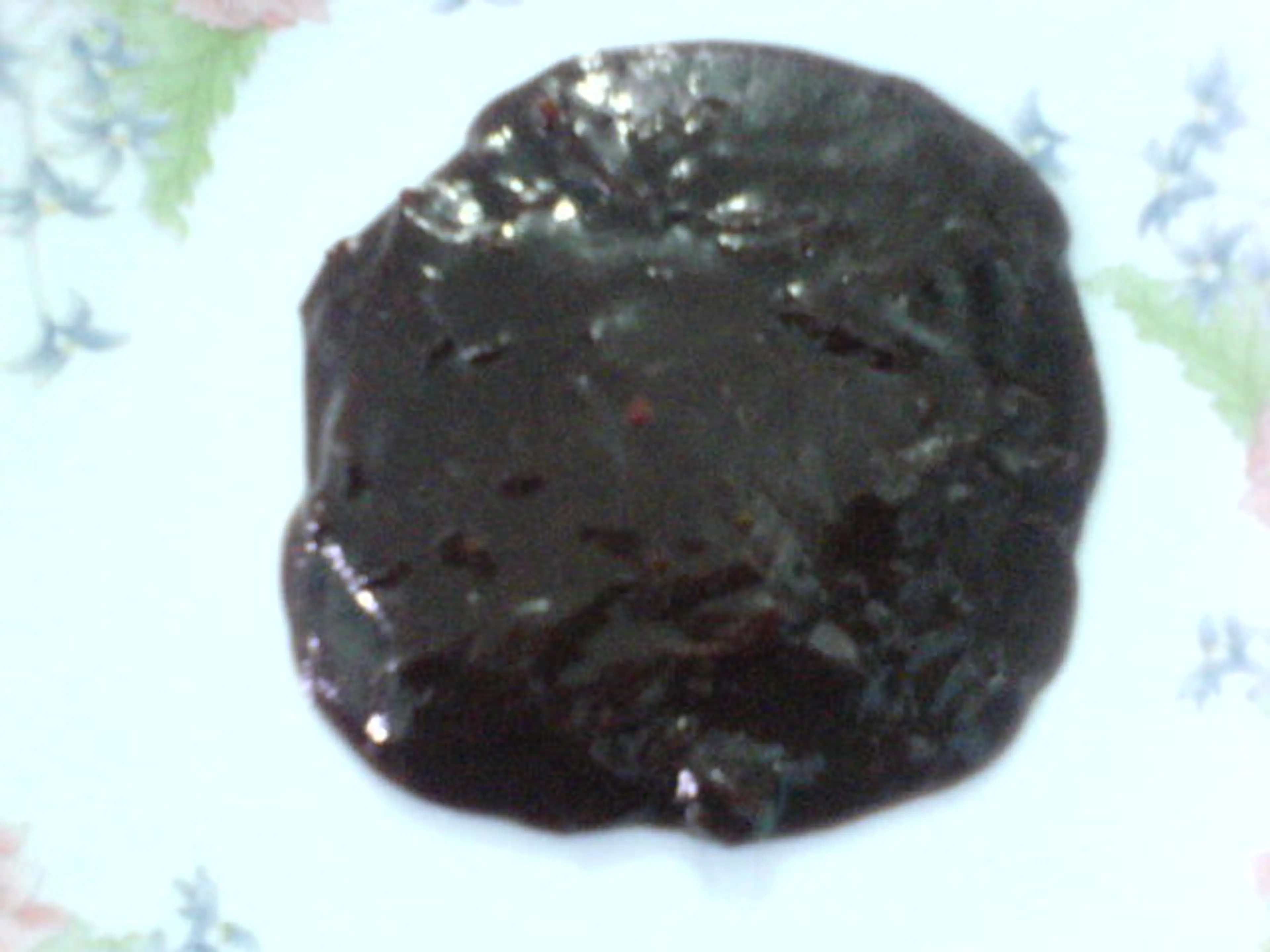
Rihaakuru
A fish-based thick paste, a by-product of making garudhiya. It's a staple in Maldivian households and used to flavor many dishes.
Fihunu Mas
A barbecued fish dish, marinated in a blend of chili, garlic, and other spices. It's a common dish in Maldivian cuisine.
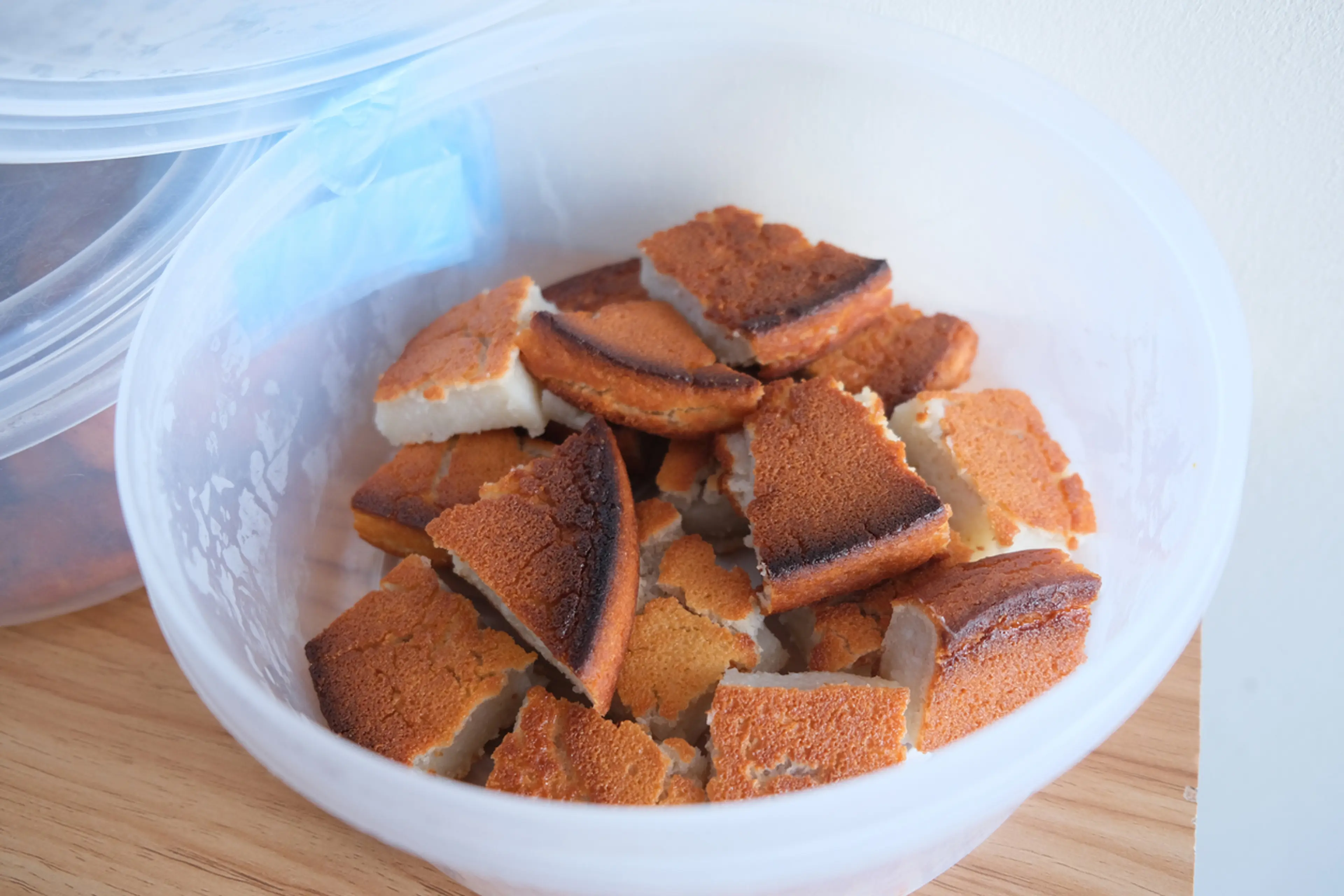
Kulhi Boakibaa
A spicy fish cake made from smoked tuna, coconut, rice, and spices. It's a popular snack in the Maldives.
Raa
A traditional Maldivian drink made from the sap of palm trees. It's usually consumed fresh and is slightly fermented.
Kandhi
A traditional Maldivian hot drink made from ginger and served with huni hakuru (coconut sugar).
Best time to visit
The best time to visit the Maldives is during the dry season, which runs from November to April. During this period, you can expect less rainfall, more sunshine, and a lower humidity level, making it the perfect time to enjoy the beautiful beaches, crystal clear waters, and outdoor activities. The peak tourist season is between December and March when the weather is consistently sunny and warm. However, if you're looking to avoid the crowds and enjoy some discounts on accommodation, the shoulder months of November and April can be a great choice.
How to get around
Domestic Flight
Domestic flights are a common way to travel between the islands in the Maldives. These are operated by Maldivian and Flyme airlines. They are faster than ferries and are often used to reach resorts on remote islands.
Speedboat
Speedboats are another popular method of transportation in the Maldives. They are used for short distance travel between nearby islands and resorts. They are faster than public ferries but can be more expensive.
Public Ferry
Public ferries are a cost-effective way to travel between islands in the Maldives. They operate on a regular schedule, but do not run on Fridays. They are slower than speedboats and domestic flights, but offer a scenic and relaxing journey.
Seaplane
Seaplanes offer a unique and scenic way to travel between islands in the Maldives. They are typically used to reach luxury resorts on remote islands. Seaplanes only operate during daylight hours.
Dhoni
Dhonis are traditional Maldivian boats, often used for short trips and excursions. They offer a unique and authentic way to travel around the Maldives.
Private Yacht
Private yachts offer a luxurious and private way to travel around the Maldives. They can be chartered for exclusive trips and can access remote and uninhabited islands.
Taxi
Taxis are available on the larger islands such as Malé. They are a convenient way to travel around the island, especially if you have heavy luggage.
Ridesharing
Ridesharing is not commonly used in the Maldives due to the nature of the islands and the prevalence of water-based transportation methods.
Bicycle
Bicycles are a common way to get around on the individual islands, especially on the resort islands where motorized vehicles are limited.
Foot
Walking is a common way to get around on the smaller islands. Most islands in the Maldives are small enough to walk around in less than an hour.
Important information
Currency MVR
Time zoneUTC+5
Driving sideLeft
Emergency phoneAmbulance: 102; Fire: 999; Police: 119
Drinking waterOpt for bottled water
Power sockets
Voltage230 V
Things to know about Maldives as a first time visitor
1
The Maldives is an Islamic country, and you should respect local customs and dress modestly when not on resort islands.
2
The local currency is the Maldivian Rufiyaa, but US dollars are widely accepted, especially in resorts.
3
English is widely spoken in the Maldives, especially in tourist areas and resorts.
4
The Maldives has a tropical monsoon climate. The dry season, known as the northeast monsoon, typically runs from November to April. The rainy season, or southwest monsoon, is from May to October.
5
The Maldives is located near the equator, so the temperature remains fairly consistent year-round, averaging between 77°F (25°C) and 86°F (30°C).
6
The Maldives is a popular destination for snorkeling and diving due to its clear waters and abundant marine life. Remember to respect the marine environment and not touch or disturb the coral reefs.
7
Alcohol is prohibited in the Maldives except on resort islands where it is available for purchase.
8
Tipping is not a common practice in the Maldives, but it is appreciated. Most resorts include a service charge in their bills.
9
The Maldives operates on Maldives Standard Time, which is 5 hours ahead of Greenwich Mean Time (GMT+5).
10
The Maldives has strict laws against the import of certain items, including alcohol, pork products, and religious materials offensive to Islam.
11
The Maldives is made up of 26 atolls and over 1,000 islands, but only around 200 of these are inhabited.
12
Sea planes and speed boats are common modes of transport between islands in the Maldives.
13
The Maldives has a low crime rate, but you should still take standard precautions to protect your belongings.
14
Tap water in the Maldives is not safe to drink. Bottled water is readily available and should be used for drinking and brushing teeth.
15
The Maldives is a popular destination for honeymooners and couples due to its romantic setting.
16
The Maldives has a zero-tolerance policy towards drugs, and possession or trafficking of drugs can lead to severe penalties.
17
The Maldives is a year-round destination, but the best time to visit for diving and snorkeling is during the dry season.
18
The Maldives has a high cost of living compared to many other Asian countries, so prepare your budget accordingly.
19
The Maldives is a conservative country, and public displays of affection are not widely accepted outside of resort islands.
20
The Maldives is at risk of rising sea levels due to climate change, and sustainable tourism practices are encouraged to help protect this unique environment.
Basic Dhivehi to know as a first time visitor
English phrase | Native phrase | Pronunciation | When to use it |
|---|---|---|---|
Hello | Assalaamu Alaikum | Ahs-sah-lah-moo Ah-lay-koom | Greeting someone |
Goodbye | Baajjeveri Hendhuneh | Baah-jeh-very Hen-doo-neh | Saying goodbye |
Thank you | Shukuriyyaa | Shoo-koo-ree-yaa | Expressing gratitude |
Yes | Aan | Aan | Agreeing with someone |
No | Noon | Noon | Disagreeing with someone |
Please | Adhives | Ad-hee-ves | Making a polite request |
Excuse me | Ma-aaf kurey | Ma-ahf koo-rey | Getting someone's attention |
I'm sorry | Ma-aaf kurey | Ma-ahf koo-rey | Apologizing |
Do you speak English? | Ingireysi kiyun vaa? | In-gi-rey-si ki-yoon vaa? | Asking if someone speaks English |
I don't understand | Mee kameh noon gotheh | Mee ka-meh noon go-theh | When you don't understand what was said |
Help | Madhadhu | Mad-ha-dhu | When you need assistance |
Bathroom | Foshi | Fo-shi | When you need to use the restroom |
Food | Kaanaa | Ka-naa | When you're looking for a place to eat |
Water | Fen | Fen | When you're thirsty and need water |
Hotel | Hoteru | Ho-te-ru | When you're looking for a place to stay |
Taxi | Teksi | Te-ksi | When you need a ride |
How much? | Kihineh? | Ki-hi-neh? | When you want to know the cost of something |
Where is...? | ... koi? | ... koi? | When you're looking for a specific place |
I am lost | Mee hama eh noon | Mee ha-ma eh noon | When you're lost |
Call the police | Polis ah call kurey | Po-lis ah call koo-rey | In case of an emergency |
Packing List
Clothing
Lightweight clothing
Swimwear
Flip flops
Sunglasses
Sun hat
Beach cover-up
Underwear
Shorts
T-shirts
Lightweight evening wear
Toiletries
Sunscreen
After-sun lotion
Insect repellent
Toothbrush and toothpaste
Shampoo and conditioner
Soap or body wash
Deodorant
Razor and shaving cream
Makeup and makeup remover
Personal hygiene items
Travel documents and essentials
Passport
Driver’s license or ID card
Credit and debit cards
Cash and traveler's checks
Hotel and/or car rental reservations
Travel insurance information
Emergency contacts and important addresses
Electronics and gadgets
Smartphone
Charger for smartphone
Headphones
Camera
Charger for camera
Portable power bank
Waterproof phone case
Travel adapter
Miscellaneous items
Snorkeling gear
Beach bag
Beach towel
Books or e-books
Travel pillow and blanket
First aid kit
Water bottle
Snacks
Weather Conditions
The Maldives, a tropical paradise in the Indian Ocean, experiences a warm and humid climate throughout the year. The average temperature ranges from 79°F to 86°F (26°C to 30°C), making it a perfect destination for sun-seekers. The Maldives has two distinct seasons: the dry season, known as the northeast monsoon, and the rainy season, known as the southwest monsoon. The dry season, from November to April, is the best time to visit for clear skies and minimal rainfall. This is also the peak tourist season, so expect larger crowds and higher prices. The rainy season, from May to October, is characterized by heavy, short-lived rainfall, strong winds, and rough seas. However, this season also brings a unique beauty to the islands and is a great time for surfing. Plus, you'll find fewer tourists and lower prices. Regardless of when you visit, it's advisable to pack lightweight, breathable clothing due to the consistently high humidity. Sunscreen, hats, and sunglasses are also must-haves to protect against the strong tropical sun. Keep an eye on the weather forecast during your stay, especially if you plan to participate in water sports or other outdoor activities. Sudden weather changes can occur, and it's best to be prepared. Remember, the Maldives is located near the equator, so the sun is extremely strong. Even on cloudy days, you can get a sunburn. Stay hydrated and seek shade during the hottest part of the day. Lastly, while the Maldives is not typically affected by cyclones, they can occur, especially during the rainy season. Stay informed about any potential weather threats during your visit.
| Month | Hi / Lo (°C) | Weather Overview |
|---|---|---|
January | 31° / 25° | January is the coolest month in Maldives, but still warm and pleasant for tourists. Expect occasional rainfall. |
February | 32° / 26° | February is a dry month with plenty of sunshine, perfect for beach activities and water sports. |
March | 32° / 26° | March sees the beginning of the hot season, with high temperatures and clear skies, ideal for snorkeling and diving. |
April | 33° / 27° | April is the hottest month in Maldives, with high humidity. It's a great time for sunbathing and exploring the islands. |
May | 32° / 26° | May brings the start of the rainy season, but there are still plenty of sunny periods for outdoor activities. |
June | 32° / 26° | June is a mix of sun and rain, with warm temperatures. It's a good time for indoor activities and spa treatments. |
July | 32° / 26° | July is in the middle of the rainy season, but don't let that deter you. There are still many sunny days and the marine life is abundant. |
August | 32° / 26° | August experiences rainfall but also sunny spells. It's a great time to enjoy the vibrant underwater world of Maldives. |
September | 32° / 26° | September is a wet month, but the temperatures remain warm. It's a good time to visit for fewer crowds and lower prices. |
October | 32° / 26° | October sees the end of the rainy season, with a mix of sun and showers. It's a good time for surfing and other water sports. |
November | 32° / 26° | November is a transitional month with less rainfall and more sun. It's a great time for diving and exploring the coral reefs. |
December | 31° / 25° | December is a popular month to visit Maldives, with warm temperatures and less rainfall. It's perfect for end-of-year celebrations and beach relaxation. |
Did you know?
Places near by Maldives
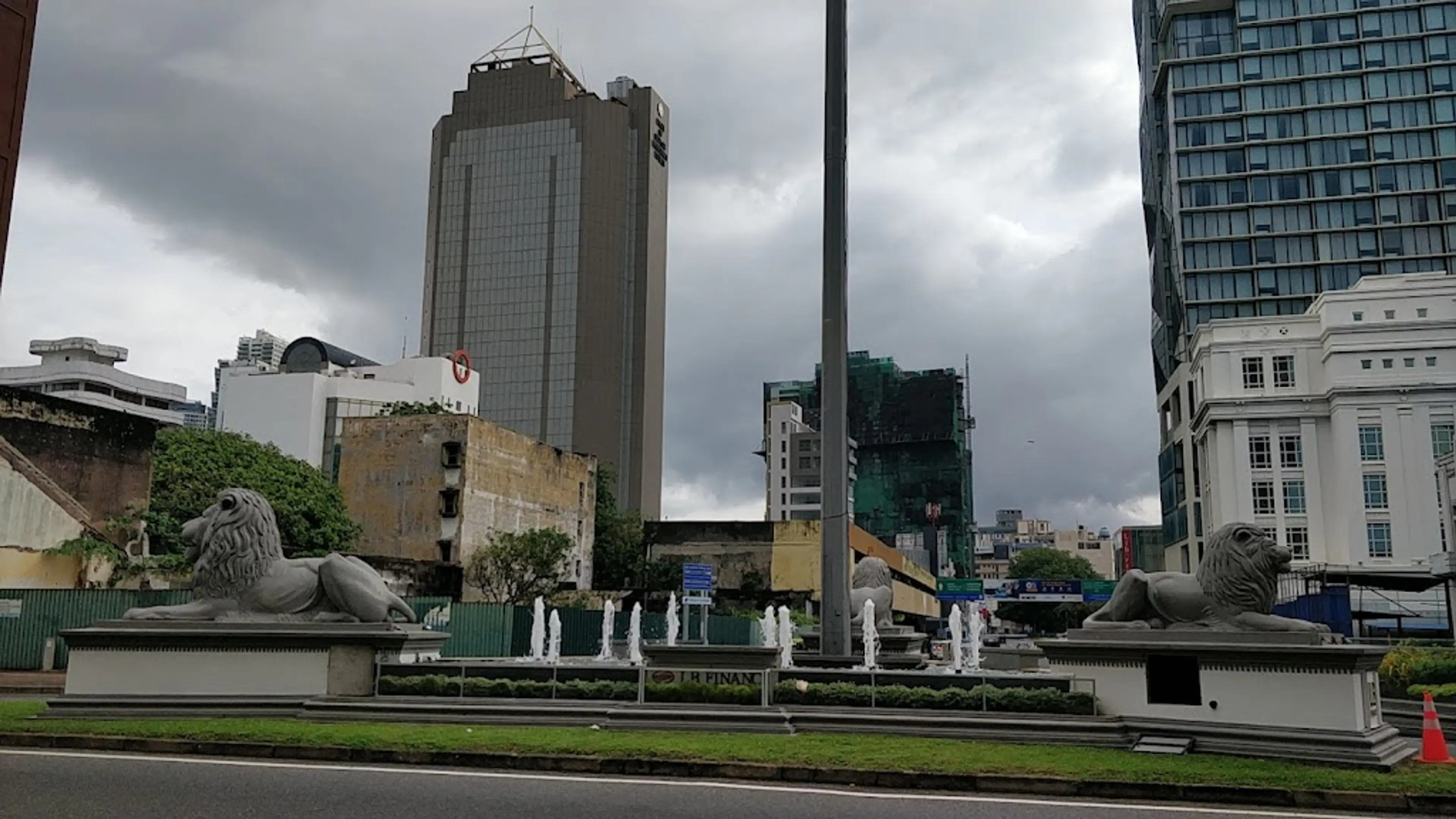
Colombo
The commercial capital and largest city of Sri Lanka. Known for its vibrant culture, stunning architecture, and bustling markets.

Kochi
A major port city on the south-west coast of India. Known for its spice markets and beautiful backwaters.
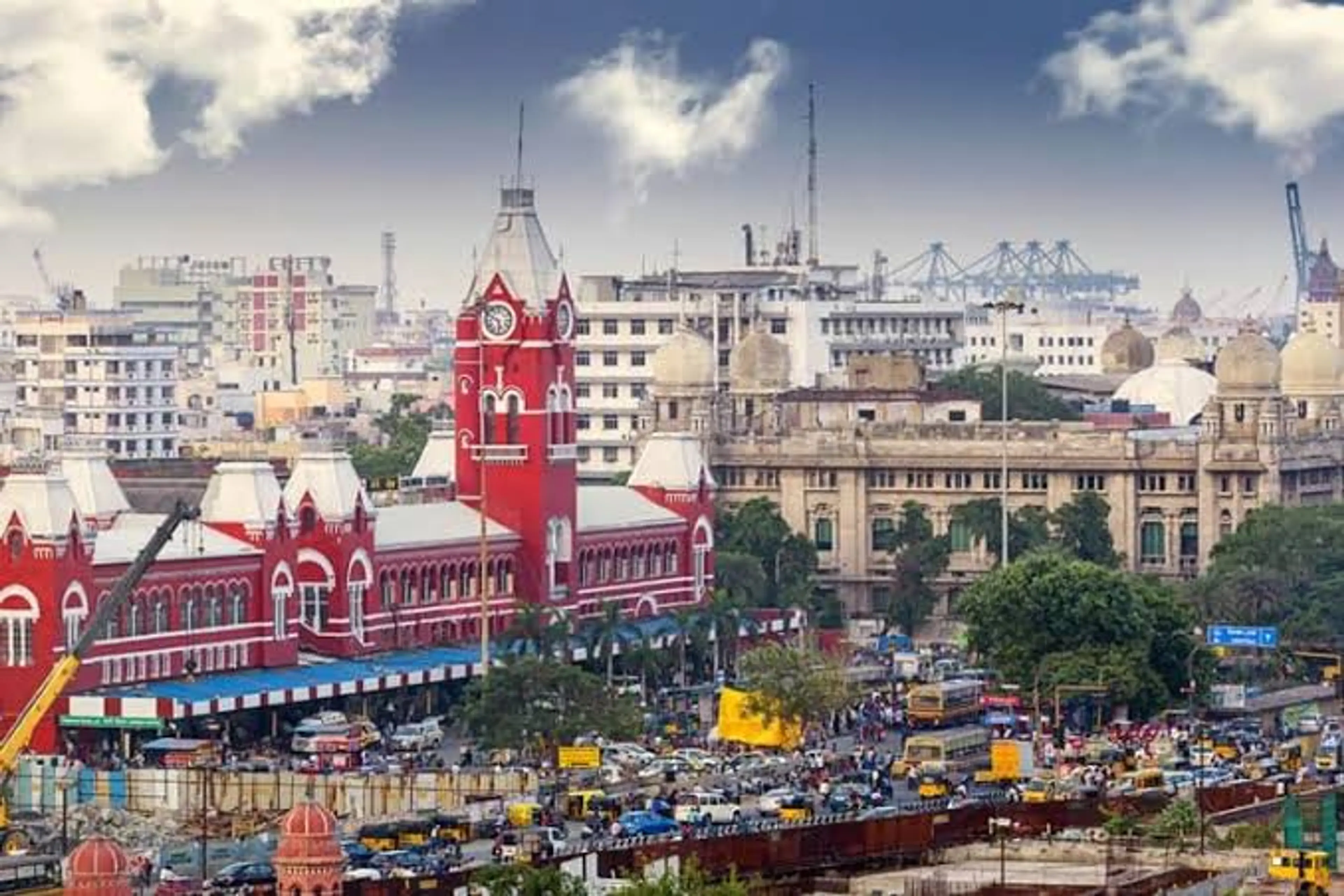
Chennai
Known as the 'Gateway to South India', Chennai is famous for its rich history, culture, and attractions like Marina Beach and Kapaleeshwarar Temple.
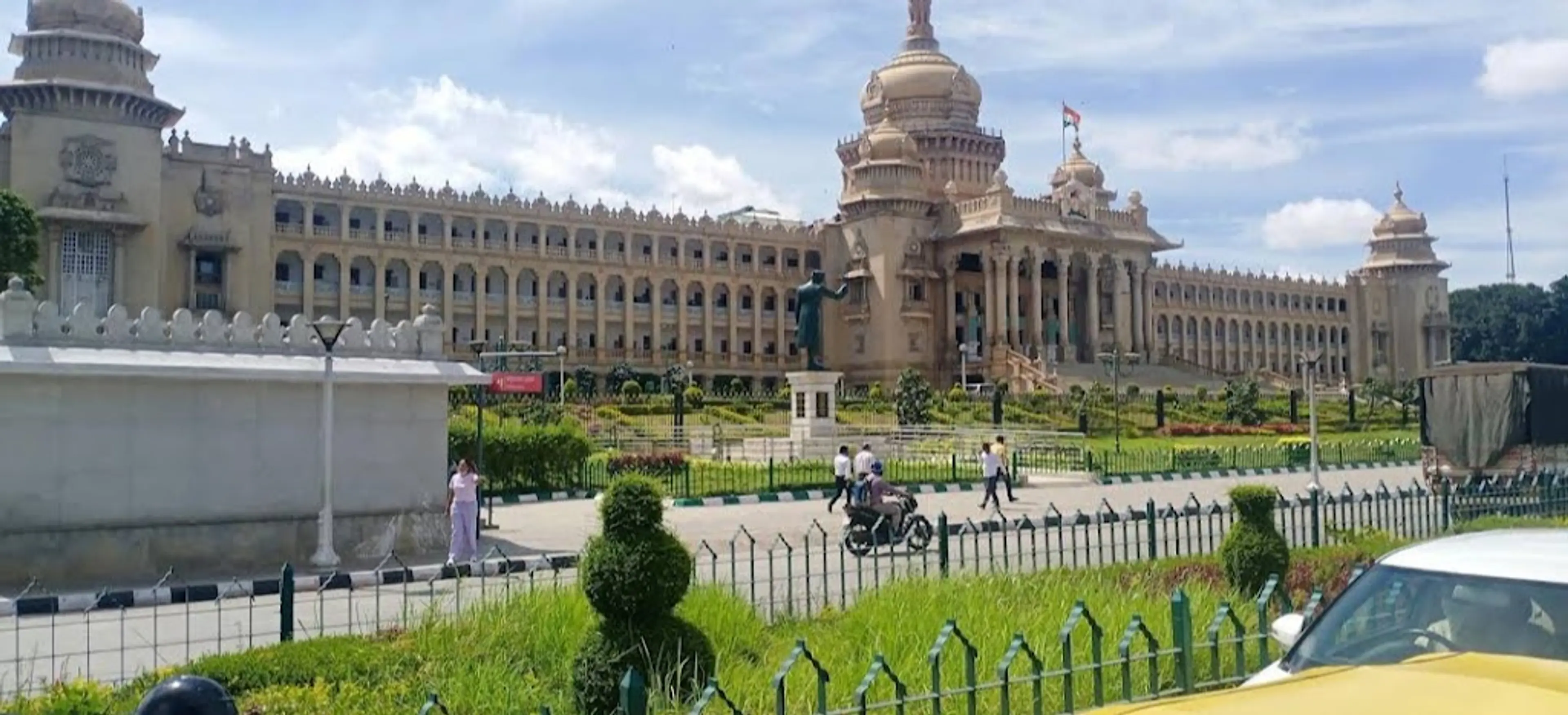
Bangalore
The 'Silicon Valley of India', Bangalore is known for its pleasant climate, beautiful parks, and thriving IT industry.

Mumbai
India's largest city, known for its diverse culture, bustling markets, and landmarks like the Gateway of India and Marine Drive.
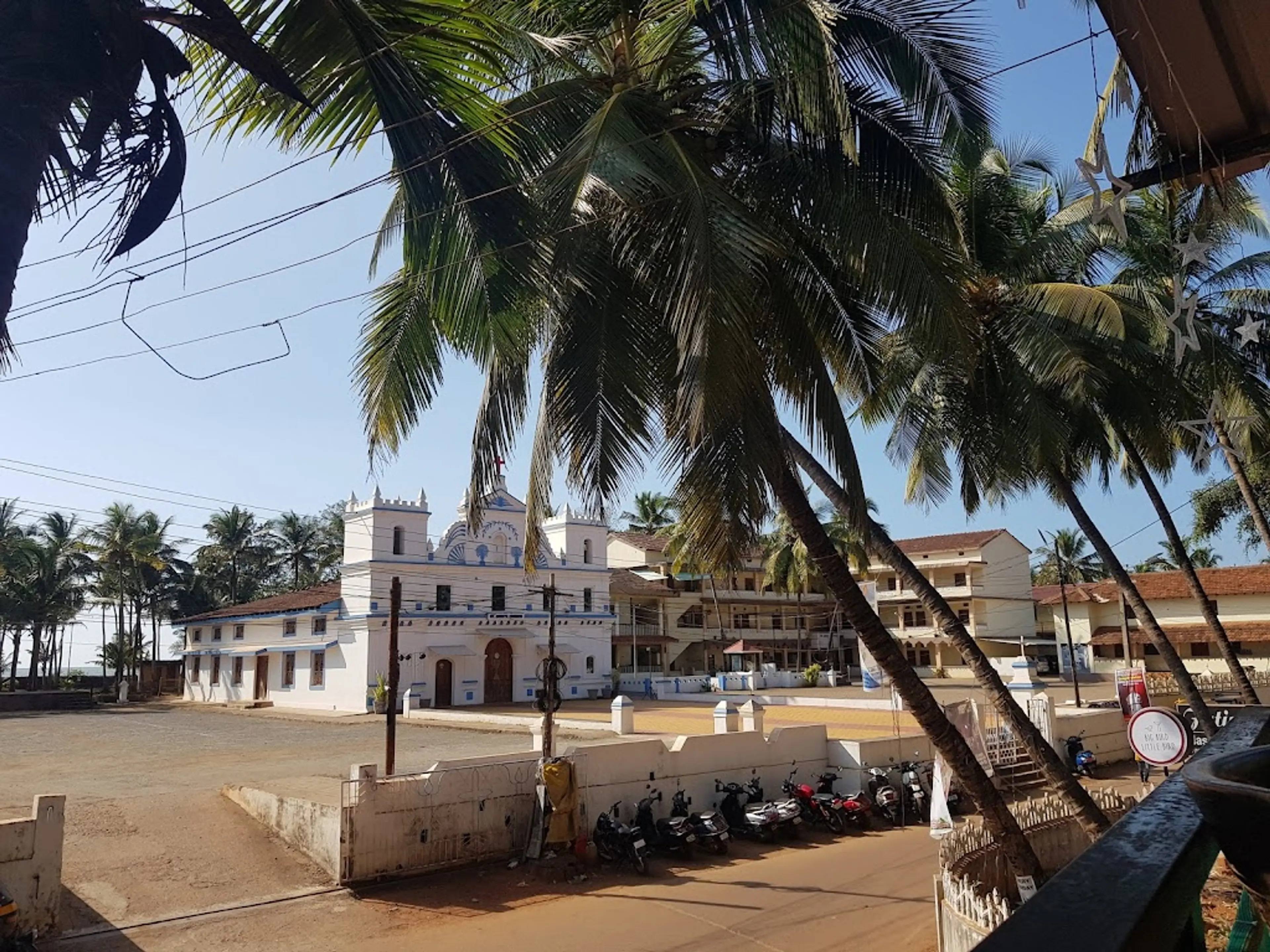
Goa
A state in western India known for its beautiful beaches, Portuguese architecture, and vibrant nightlife.
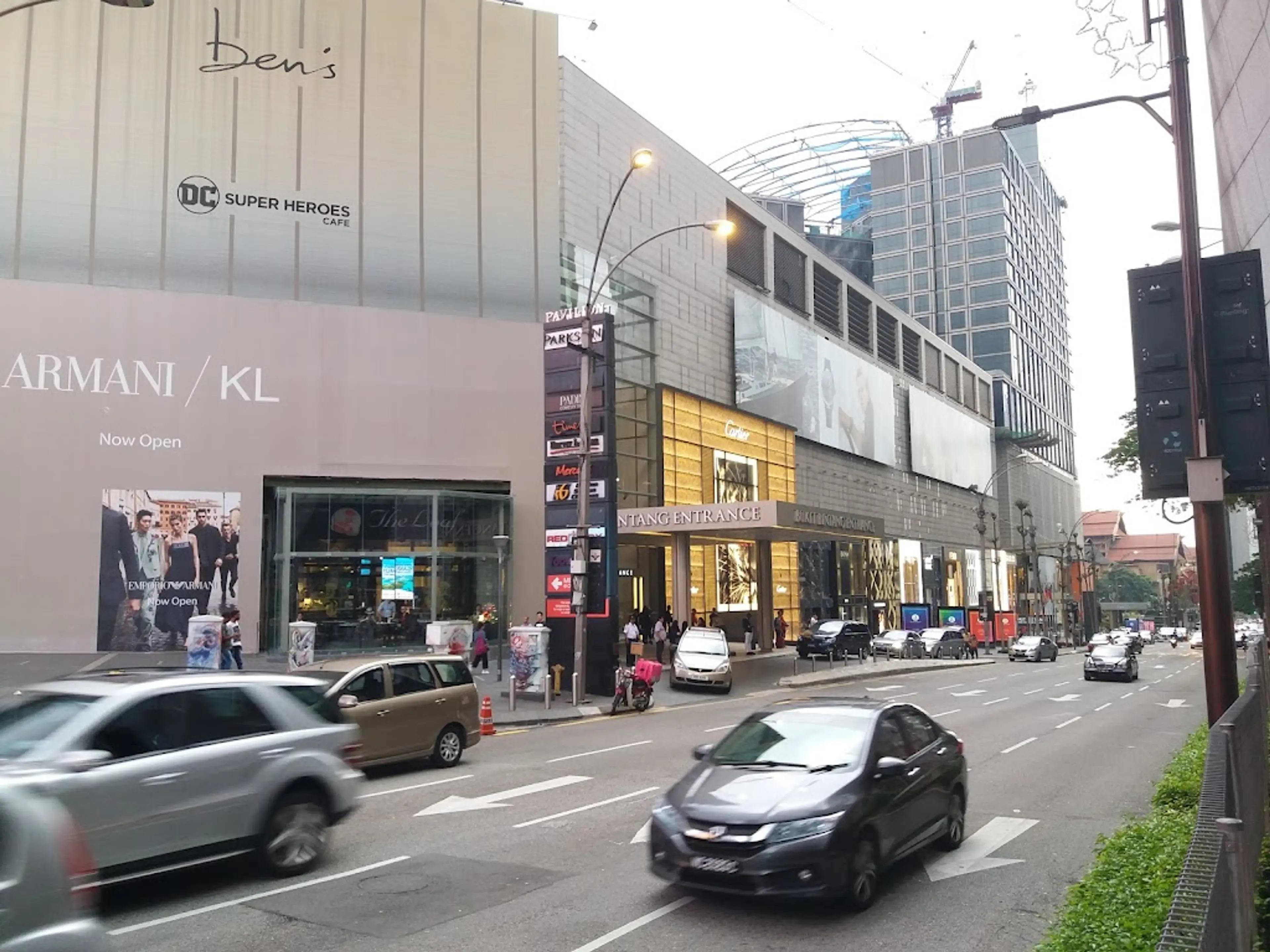
Kuala Lumpur
The capital city of Malaysia, known for its modern skyline, bustling street markets, and landmarks like the Petronas Twin Towers.
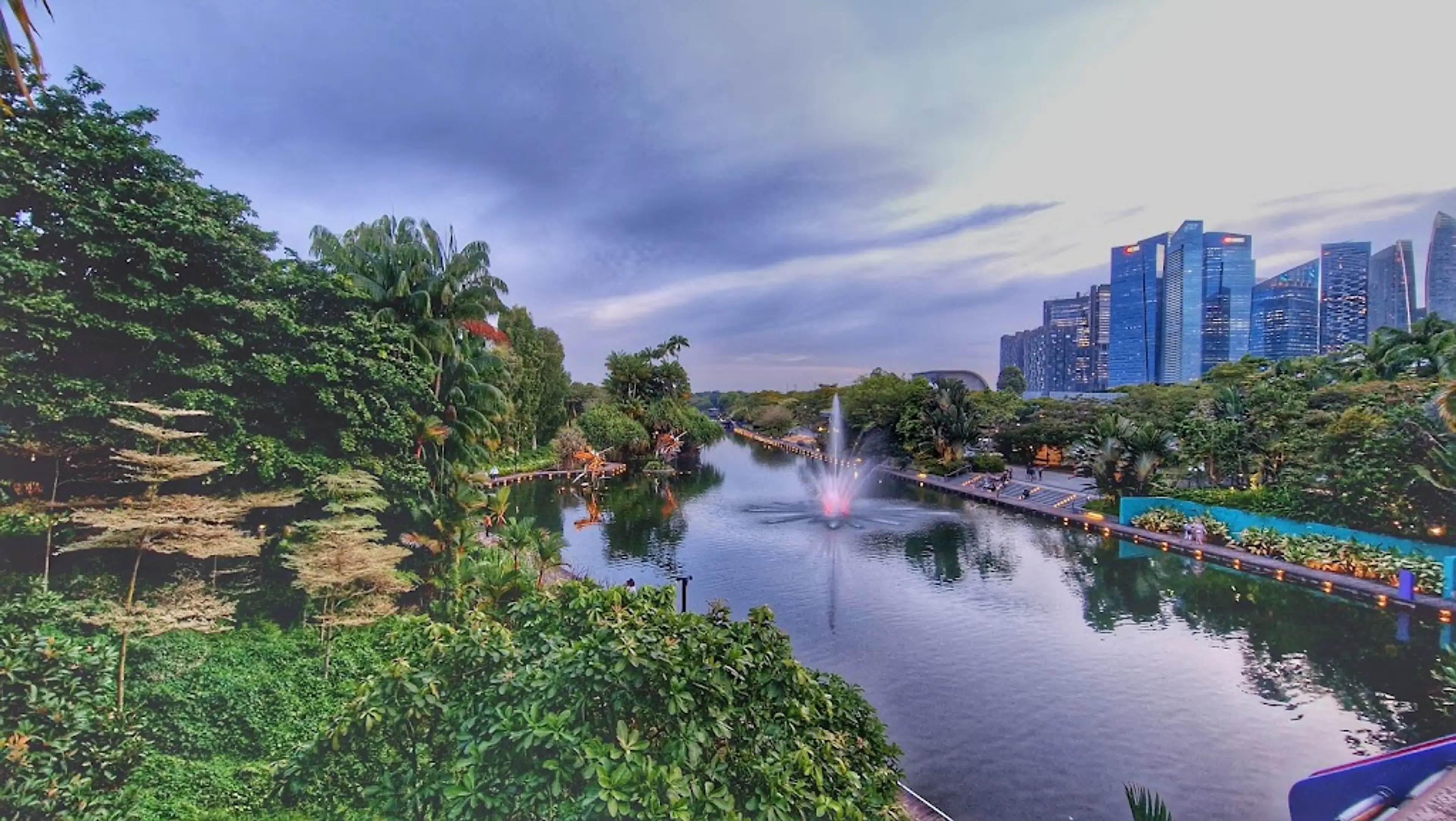
Singapore
A global financial hub known for its multicultural population, high-end shopping, and attractions like Marina Bay Sands and Gardens by the Bay.
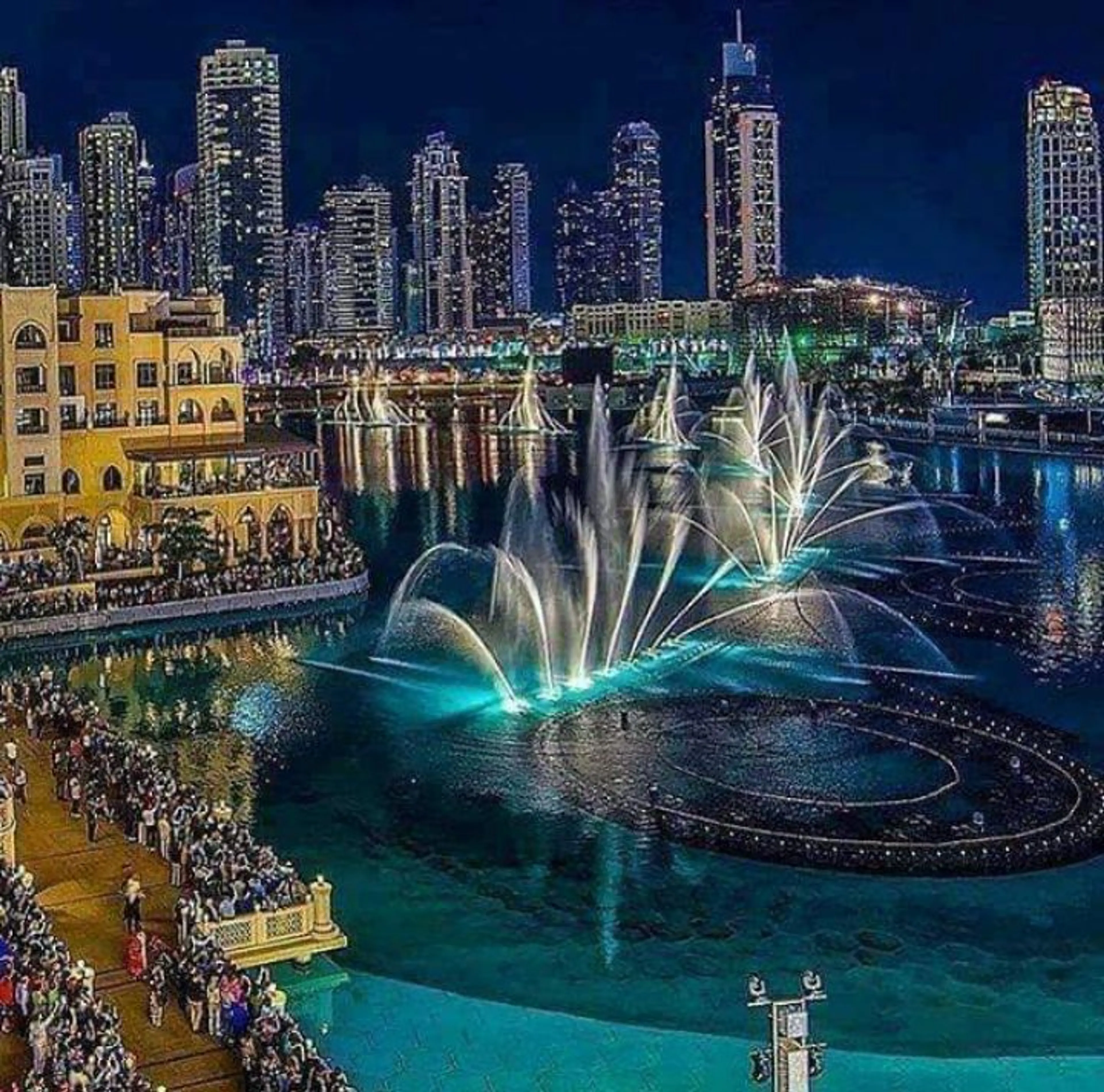
Dubai
A city in the United Arab Emirates known for luxury shopping, ultramodern architecture, and a lively nightlife scene.
